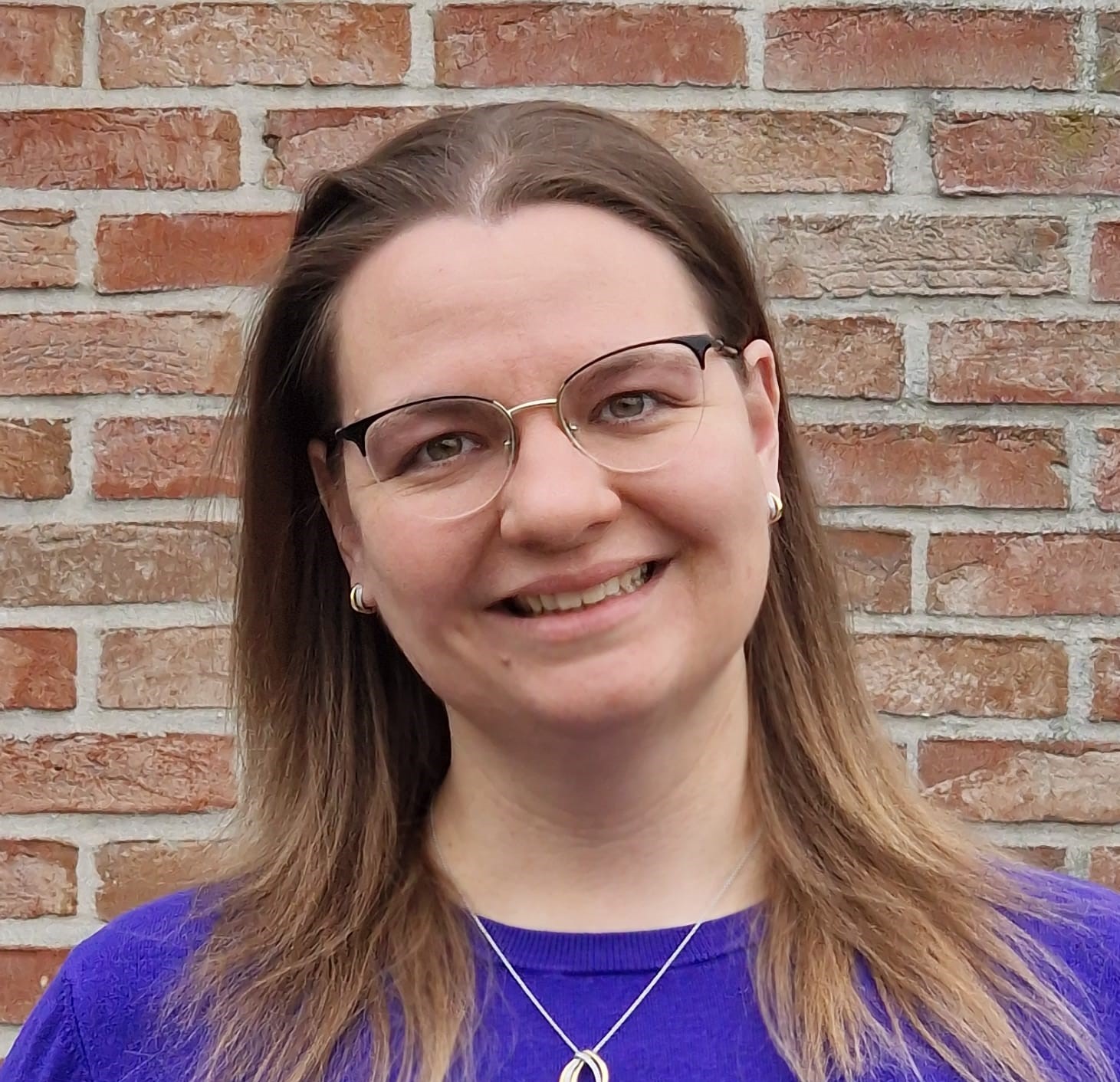 \
&
Contact us
\
&
Contact us
 \
&
Contact us
\
&
Contact us
European Partnership status fortifies EOSC with European funding of almost €500 million and an in-kind contribution of the partners of also €500 million. The aim is to improve the storing, sharing and especially the combining and reusing of research data across borders and scientific disciplines.
The Partnership brings together institutional, national and European initiatives and engages all relevant stakeholders to co-design and deploy a European Research Data Commons where data are Findable, Accessible, Interoperable and Reusable (FAIR).
This European contribution to a ‘Web of FAIR Data and Related Services for Science’ will enhance the possibilities for researchers to find, share and reuse publications, data, and software, leading to new insights and innovations, higher research productivity and improved reproducibility in science.
The Partnership represents a new governance for EOSC as the first implementation phase of EOSC begins. The Partnership includes the European Commission, the EOSC Steering Board and the EOSC Association. These three entities together comprise the Tripartite Collaboration, which serves to govern EOSC.
Partnerships group the EC and private and/or public partners, to coordinate and streamline the research & innovation initiatives and funding in some selected key domains.

marie.timmermann@fwo.be
Founded in 1999, Luciad serves clients in Europe, Asia and the Americas. Though it recently was acquired by Hexagon Geospatial, they kept an agile SME mindset. Thousands of end users work directly with Luciad’s geospatial applications, and major systems integrators (think Airbus Defense and Space, Lufthansa Systems, NATO, Thales…) incorporate its software in their own products.
NCP Flanders went to Leuven to interview Frederic Houbie, the Research Projects Manager at Luciad, about how he sees Horizon 2020. Luciad is a partner in the MARISA project, which is a collaborative RIA project submitted to an ICT call topic.